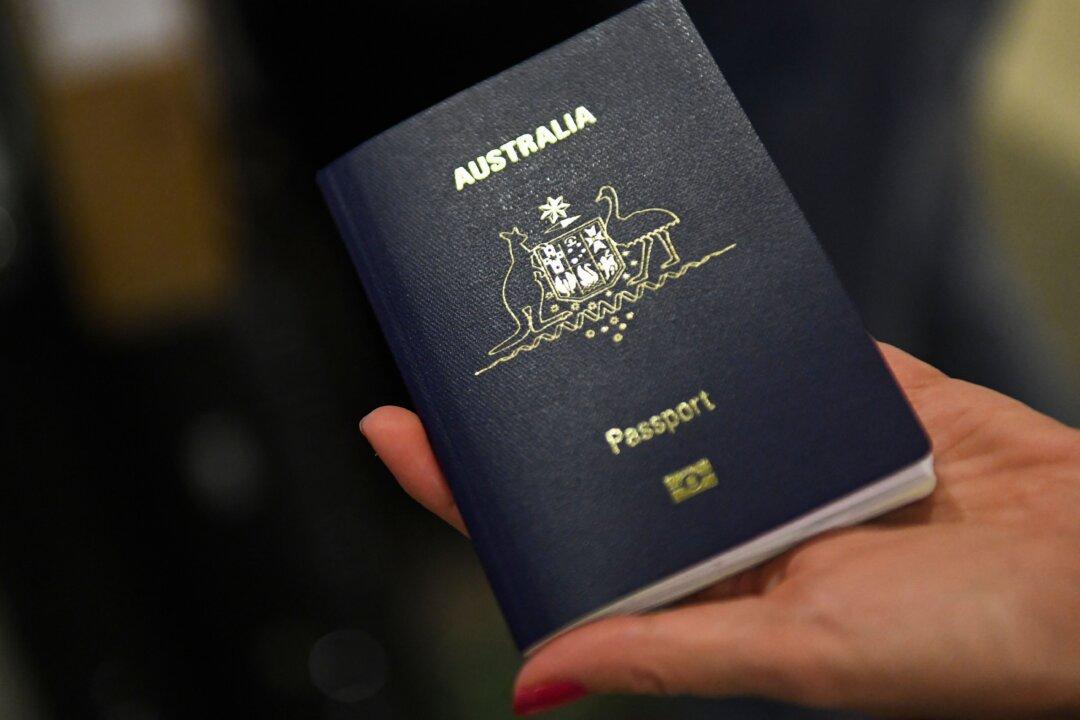The Australian government has axed a visa scheme designed to attract wealthy Chinese nationals as part of a major overhaul of the country’s migration system.
The immigration department has paused applications for the significant investor visa, which allowed wealthy foreigners to quickly gain Australian permanent residency if they invested $5 million (US$3.3 million) in the country, Home Affairs Minister Clare O'Neil stated in an interview with NCA NewsWire on Jan. 22.





